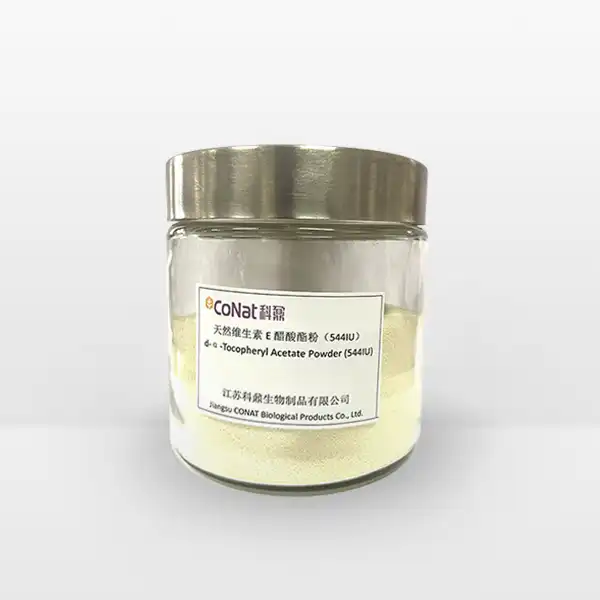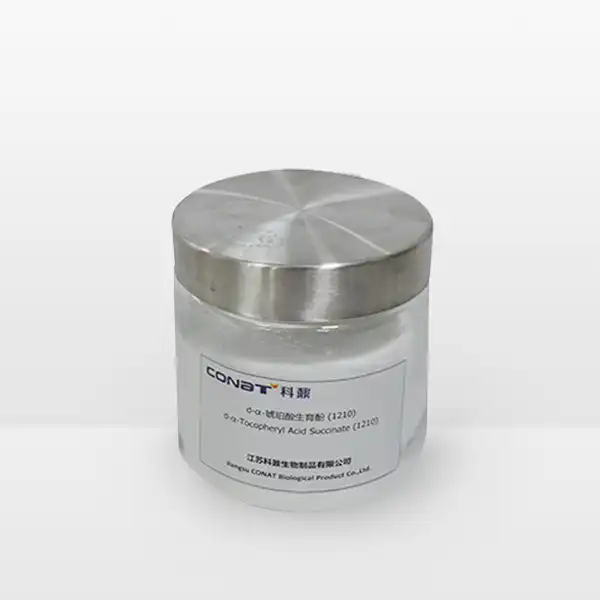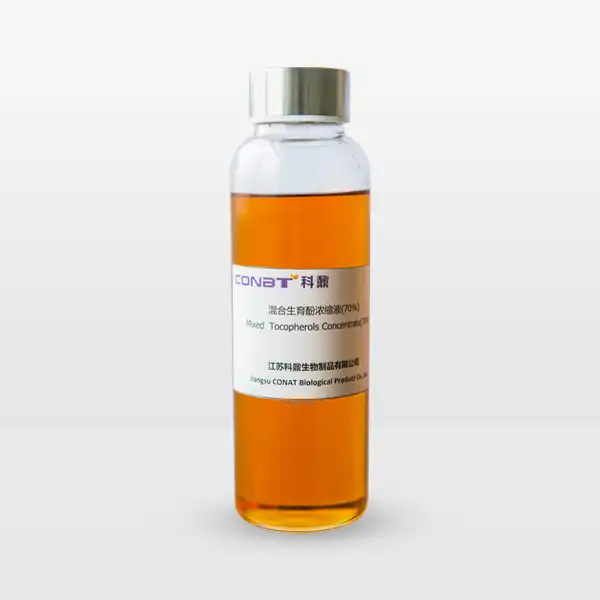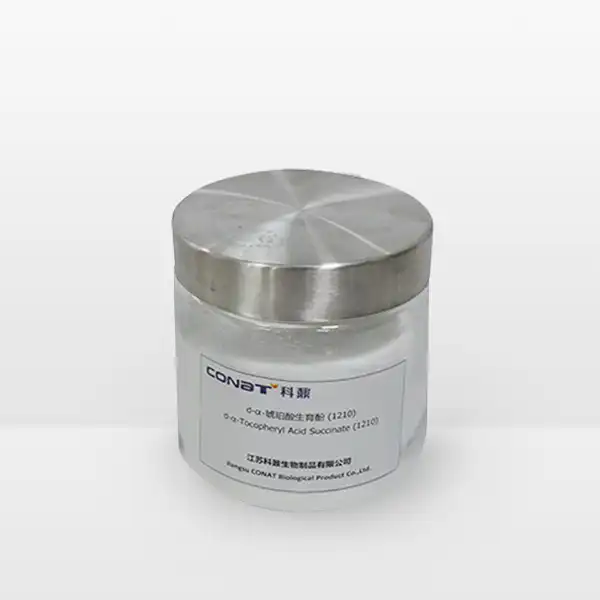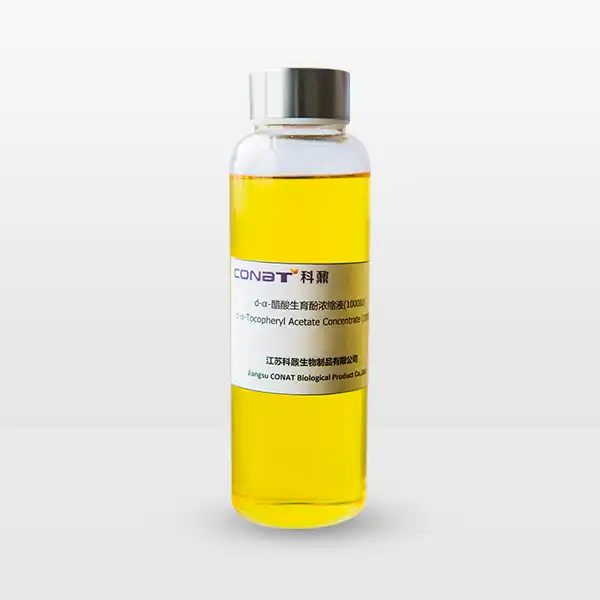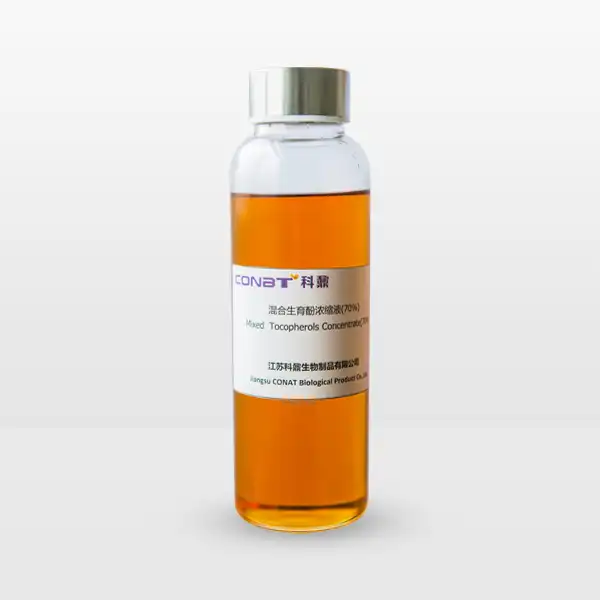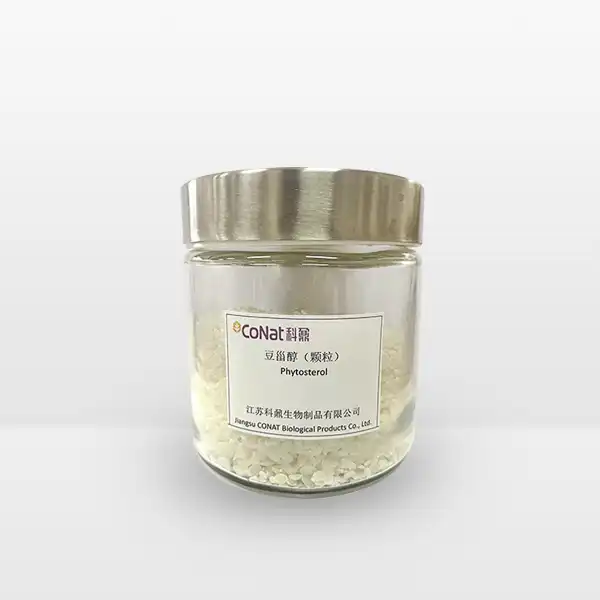- English
- French
- German
- Portuguese
- Spanish
- Russian
- Japanese
- Korean
- Arabic
- Greek
- German
- Turkish
- Italian
- Danish
- Romanian
- Indonesian
- Czech
- Afrikaans
- Swedish
- Polish
- Basque
- Catalan
- Esperanto
- Hindi
- Lao
- Albanian
- Amharic
- Armenian
- Azerbaijani
- Belarusian
- Bengali
- Bosnian
- Bulgarian
- Cebuano
- Chichewa
- Corsican
- Croatian
- Dutch
- Estonian
- Filipino
- Finnish
- Frisian
- Galician
- Georgian
- Gujarati
- Haitian
- Hausa
- Hawaiian
- Hebrew
- Hmong
- Hungarian
- Icelandic
- Igbo
- Javanese
- Kannada
- Kazakh
- Khmer
- Kurdish
- Kyrgyz
- Latin
- Latvian
- Lithuanian
- Luxembou..
- Macedonian
- Malagasy
- Malay
- Malayalam
- Maltese
- Maori
- Marathi
- Mongolian
- Burmese
- Nepali
- Norwegian
- Pashto
- Persian
- Punjabi
- Serbian
- Sesotho
- Sinhala
- Slovak
- Slovenian
- Somali
- Samoan
- Scots Gaelic
- Shona
- Sindhi
- Sundanese
- Swahili
- Tajik
- Tamil
- Telugu
- Thai
- Ukrainian
- Urdu
- Uzbek
- Vietnamese
- Welsh
- Xhosa
- Yiddish
- Yoruba
- Zulu
What is tocopherol used for in skincare?
Tocopherol, often recognized as a form of Vitamin E, has become a cornerstone ingredient in the skincare industry. With its impressive antioxidant properties and ability to nourish the skin, tocopherol is frequently found in various cosmetic formulations. This article delves into the multifaceted uses of tocopherol in skincare, highlighting its benefits, applications, and the increasingly popular Tocopherol Complex.
The Benefits of Tocopherol in Skincare
Antioxidant Protection: Tocopherol is renowned for its powerful antioxidant capabilities. Antioxidants play a crucial role in protecting the skin from oxidative stress caused by free radicals, which can lead to premature aging and skin damage. By neutralizing these free radicals, tocopherol helps maintain the skin's integrity, promoting a more youthful and radiant appearance.
Moisturization and Hydration: In addition to its antioxidant properties, tocopherol is an excellent emollient. This means it helps to soften and smooth the skin while also providing hydration. When incorporated into skincare products, tocopherol can help prevent moisture loss, keeping the skin plump and well-hydrated. This is particularly beneficial for those with dry or sensitive skin types.
Skin Healing and Repair: Tocopherol also boasts skin-repairing properties. It is known to aid in the healing of wounds, cuts, and scars. By promoting cell regeneration and reducing inflammation, tocopherol can enhance the skin's natural healing process, making it an invaluable ingredient in post-sun exposure products and treatments for irritated skin.
How Tocopherol Works in Skincare Formulations
The Role of Tocopherol Complex: The Tocopherol Complex is a sophisticated blend of tocopherol and other complementary ingredients that enhance its effectiveness. This complex can include various forms of Vitamin E, such as tocopherol acetate, alongside other beneficial compounds like phytosterols and essential fatty acids. Together, they work synergistically to provide enhanced skin benefits, making them a popular choice for formulators looking to create high-quality skincare products.
Synergistic Effects with Other Ingredients: Tocopherol can also enhance the efficacy of other skincare ingredients. For instance, when combined with Vitamin C, tocopherol can provide superior protection against environmental stressors. This powerful duo works to brighten the skin, reduce signs of aging, and improve overall skin texture. Additionally, tocopherol helps stabilize formulations containing more sensitive ingredients, ensuring that products remain effective over time.
Applications in Various Products
Tocopherol is versatile and can be found in a wide range of skincare products, including:
-
Moisturizers: Due to its hydrating properties, tocopherol is often included in creams and lotions designed to nourish the skin.
-
Serums: Concentrated formulations featuring tocopherol provide targeted antioxidant protection and skin rejuvenation.
-
Sunscreens: Tocopherol enhances the protective effects of sunscreens, helping to combat UV-induced damage.
-
Cleansers: Some cleansing products incorporate tocopherol to provide a gentle yet effective cleanse while maintaining moisture levels.
Conclusion
In summary, tocopherol serves multiple purposes in skincare, from providing antioxidant protection to promoting hydration and healing. Its inclusion in formulations not only enhances product efficacy but also delivers noticeable benefits to the skin. With the rise of the Tocopherol Complex, consumers can enjoy a more potent blend of skin-loving ingredients that work together for optimal results. For those seeking to incorporate tocopherol into their skincare routines, it is essential to look for products that highlight its presence. By choosing high-quality formulations, individuals can harness the power of tocopherol and achieve healthier, more radiant skin. For more information about tocopherol and other natural ingredients, feel free to reach out to us at sales@conat.cn.
References
-
Tammaro, C. A., & Zenk, J. S. (2019). The Role of Vitamin E in Skincare Products.
-
Fuchs, J., & Schenk, K. (2021). Antioxidants in Skin Health: A Review.
-
Montero, J. C., & Martínez, E. (2020). Vitamin E: Properties and Applications in Cosmetics.
-
Pilon, L. (2018). The Influence of Tocopherol on Skin Aging.
-
Smith, M., & Green, T. (2022). Tocopherol and Its Derivatives in Dermatology.
-
Kim, Y. J., & Lee, H. Y. (2023). Advances in the Use of Vitamin E Complexes in Skin Care.
YOU MAY LIKE
